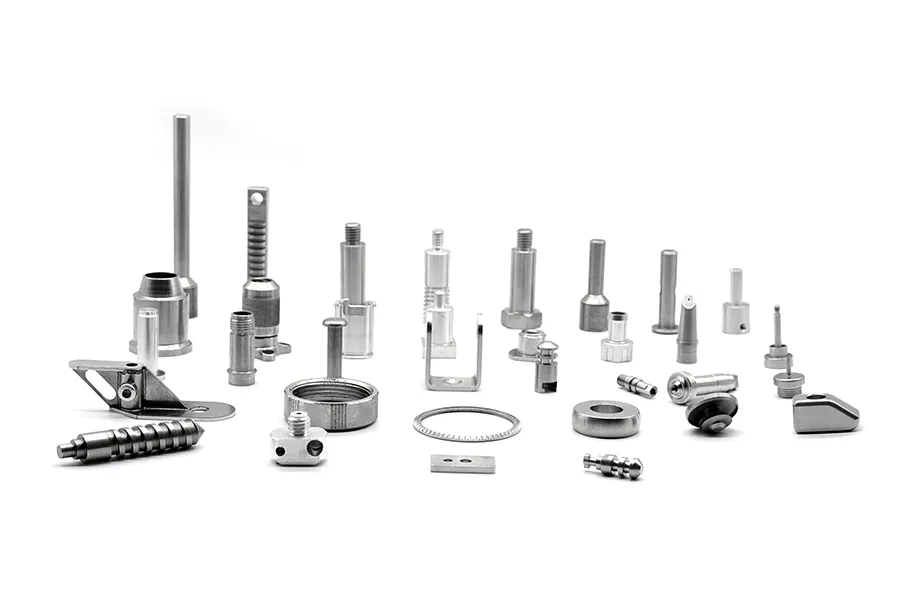Benefits of CNC Machined Stainless Steel
There are numerous benefits of CNC machined stainless steel parts, including:
Precision: CNC machines are highly accurate and provide precise cuts with a high level of consistency, which results in parts that fit together perfectly.
Durability: Stainless steel is known for its durability, and CNC machining ensures that the parts are made with high precision and with the exact material specifications needed to withstand harsh environments.
Resistance to Corrosion: Stainless steel is resistant to rust, making it perfect for use in marine and outdoor applications.
Easy to Clean: Stainless steel can be easily cleaned and maintained, making it ideal for use in food equipment and medical devices.
Cost-effective: CNC machining is highly efficient and can produce parts quickly and cost-effectively, making it an excellent option for manufacturing high-quality stainless steel parts.
Challenges of CNC Machined Stainless Steel
Hardness: Stainless steel is a hard material, which makes it difficult to machine. High-carbon stainless steel is even harder and more challenging to work with.
Heat resistance: Stainless steel has low thermal conductivity, which means it retains heat rather than conducting it. This can result in overheating and damage to the cutting tool. High cutting temperatures can also lead to work hardening, making the material even harder to cut.
Work hardening: Stainless steel work hardens more quickly than other metals, which means that as it is being machined, it gets harder and more difficult to cut. This can result in a short tool life and a rough surface finish.
Tool wear: The hardness of stainless steel can cause excessive tool wear and breakage, especially when using carbide tools. The high nickel and chromium content of some stainless steels can also cause galling, which is a form of tool wear.
Chip control: Stainless steel produces long, stringy chips that can wrap around the tool and cause damage. This makes chip control critical and requires a higher level of coolant pressure and volume.
Surface finish: Achieving a smooth surface finish on stainless steel can be challenging due to the material’s hardness and work hardening. Special tooling and techniques may be required to achieve the desired surface finish.
Steel Types and Characteristics
There are many different types of steel, each with its own unique properties and characteristics. Some of the most common steel types include:
Carbon Steel: This type of steel contains carbon and iron, and is known for its strength and durability.
Alloy Steel: This type of steel is a combination of various metals, including nickel, chromium, and manganese. It is often used in construction, manufacturing, and machinery.
Stainless Steel: This type of steel is known for its high resistance to corrosion and staining. It is often used in the production of kitchen equipment, medical tools, and industrial machinery.
Tool Steel: This type of steel is designed to withstand high temperatures and high stress levels. It is commonly used in the production of cutting tools and molds.
High-speed Steel: This type of steel is made with a combination of tungsten, molybdenum, and cobalt, and is known for its ability to withstand high temperatures and high speed machining.
Each type of steel has its own unique properties, which make it suitable for different applications. Some of the most important characteristics of steel include strength, durability, flexibility, and resistance to wear and corrosion. Other key factors to consider when choosing a steel type include its cost, availability, and ease of fabrication.
Search terms:
stainless steel custom machined
stainless steel turning
precision machined stainless steel
machining of custom stainless steel parts
micro machining stainless steel
stainless steel machining service
stainless steel edm machining service

